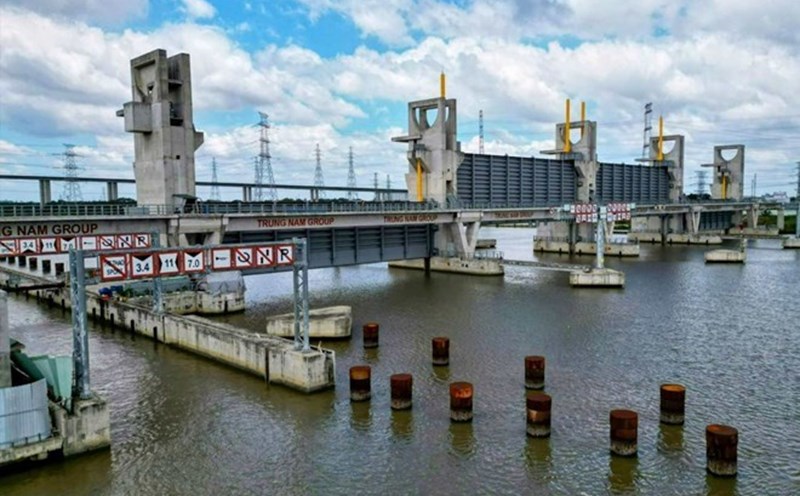This week, Silicon Valley became the focus when a series of information about huge investments in AI infrastructure were published.
Most notably, Nvidia has said it can invest up to $100 billion in OpenAI. OpenAI immediately announced a partnership with Oracle and softBank to build five more Stargate AI data centers, providing powerful gigawatt models in the coming years.
To meet financial needs, Oracle is also said to have sold $18 billion in bonds to support the project. The scale of these deals overwhelms the technology world.
All are aimed at a common goal of providing OpenAI with enough infrastructure capacity to train and operate the next generations of ChatGPT.
In the context of increasingly fierce global AI competition, investing heavily in data centers is not only a need, but also a survival strategy for technology giants.
Coincidentally, OpenAI has also just introduced a new feature called Pulse in ChatGPT. This is a background service, providing users with personalized morning summaries, similar to a news application or social data source, but without posts from others or advertisements.
pulse marks OpenAI's experiment in creating independent features, expanding value beyond the traditional ChatGPT application.
However, OpenAI admits that current infrastructure resources are too limited, making Pulse only available to Pro package users for a fee of $200/month.
The company hopes that with the addition of an AI data center, they can expand this feature to a free user group, thereby increasing the appeal of the platform.
The question is whether features like Pulse are attractive enough to justify hundreds of billions of dollars invested in AI data centers? For many experts, pulse is an interesting experience, but it is far away to become a strong enough reason to legalize the huge costs that corporations are spending.
However, these rushed moves show that the AI race has entered the period of industrialization of infrastructure, where server resources and electricity become the core competitive advantage.
Silicon Valley is witnessing an unprecedented game, with enough investment to reshape the global technology industry for many years to come.










